
How can I teach my child problem-solving skills?
Key points: Children of all ages face problems and challenges. Teaching problem-solving involves four roles: observer, supporter, facilitator, and model….
[cat_cust_menu]

Key points: Children of all ages face problems and challenges. Teaching problem-solving involves four roles: observer, supporter, facilitator, and model….

Key points: Analogical reasoning is an advanced skill essential for human thinking. Children develop analogical reasoning through knowledge and executive…
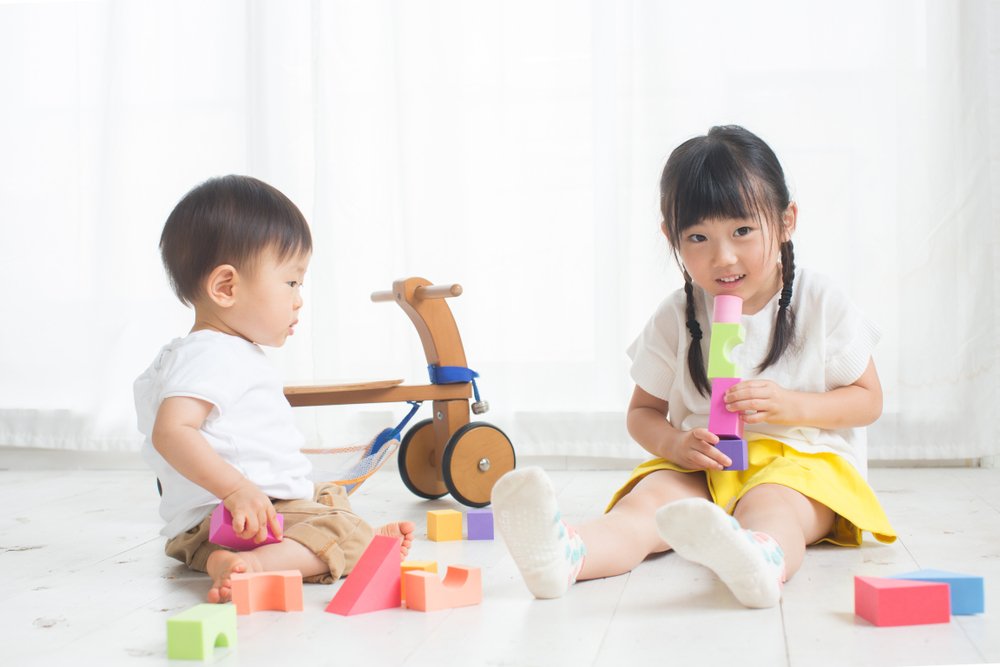
Key points: Babies begin to develop cause-and-effect thinking around seven months, when they learn that they can intentionally affect their…

Key points: 1. Baby emotions evolve from simple to complex, influenced by physiological changes and stimuli. 2. Basic newborn emotions…
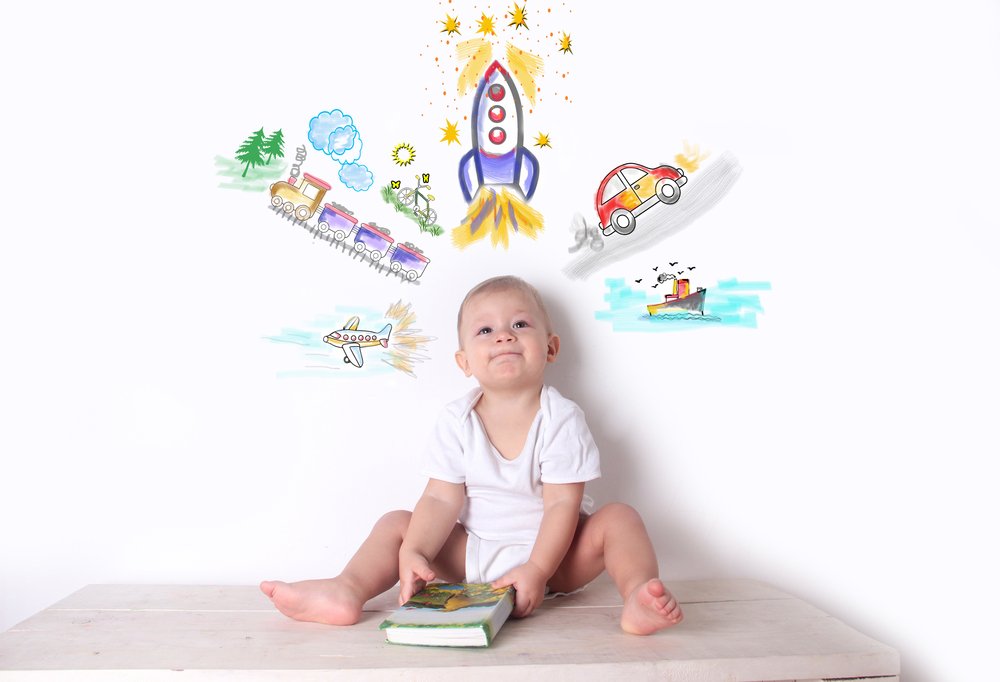
Key points: Babies develop advanced theories and knowledge from a very young age. They construct theories about objects, numbers, living…
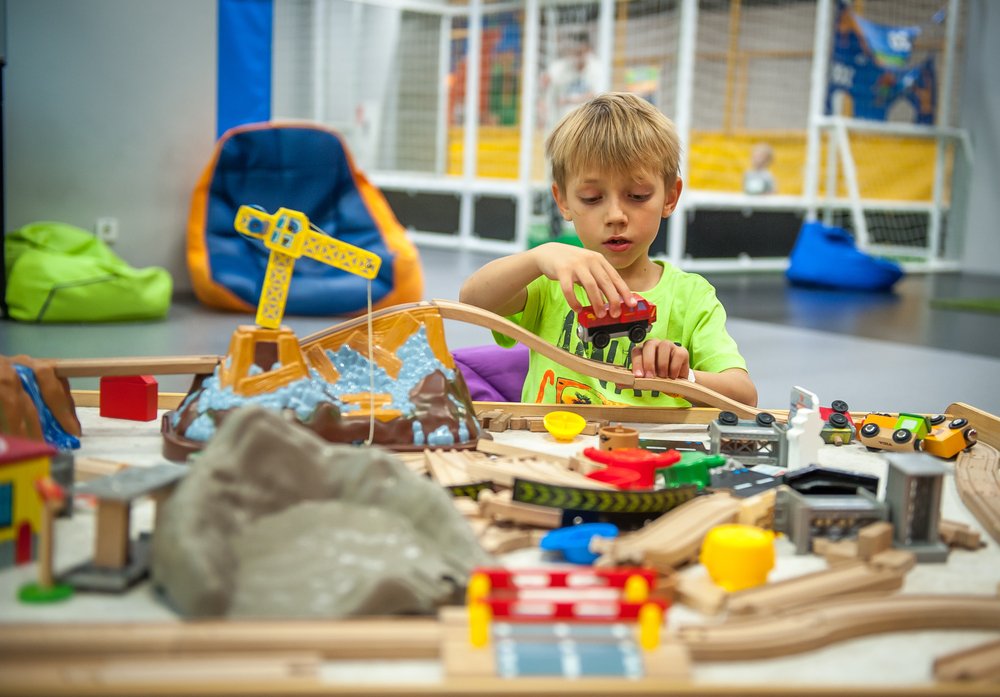
Key points: Babies are natural scientists from birth. Engage in repetitive play to teach concepts like gravity. Foster STEM skills…

Key Points: 1. Self-control and self-regulation are essential skills that children develop from birth and throughout their lives. These skills…
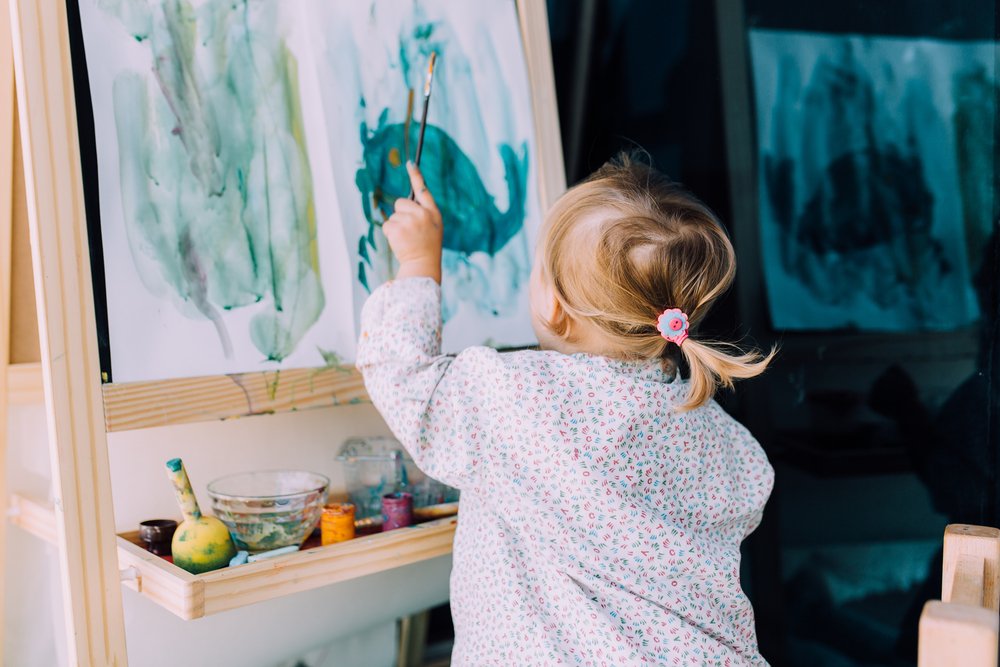
Key points: 1. Prodigies focus on consuming knowledge rather than creating new ideas. 2. Creative children often keep original ideas…
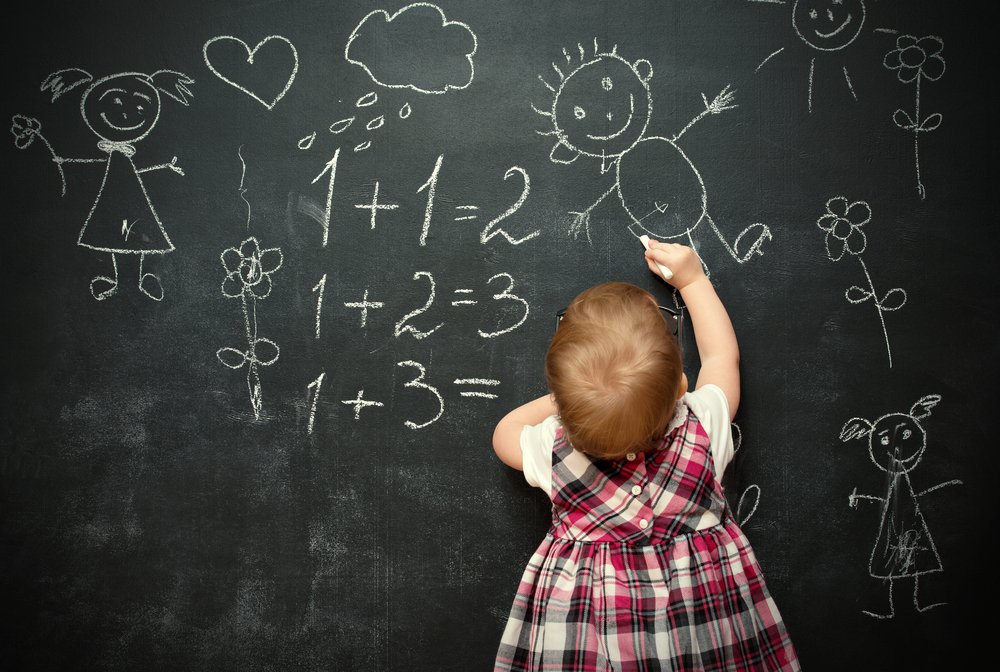
Key points: Research shows that the age at which babies reach a milestone can be a sign of later outcomes…

Key points: Allowing children to experience boredom can be beneficial for their development as it encourages self-reliance and motivation. Parents…
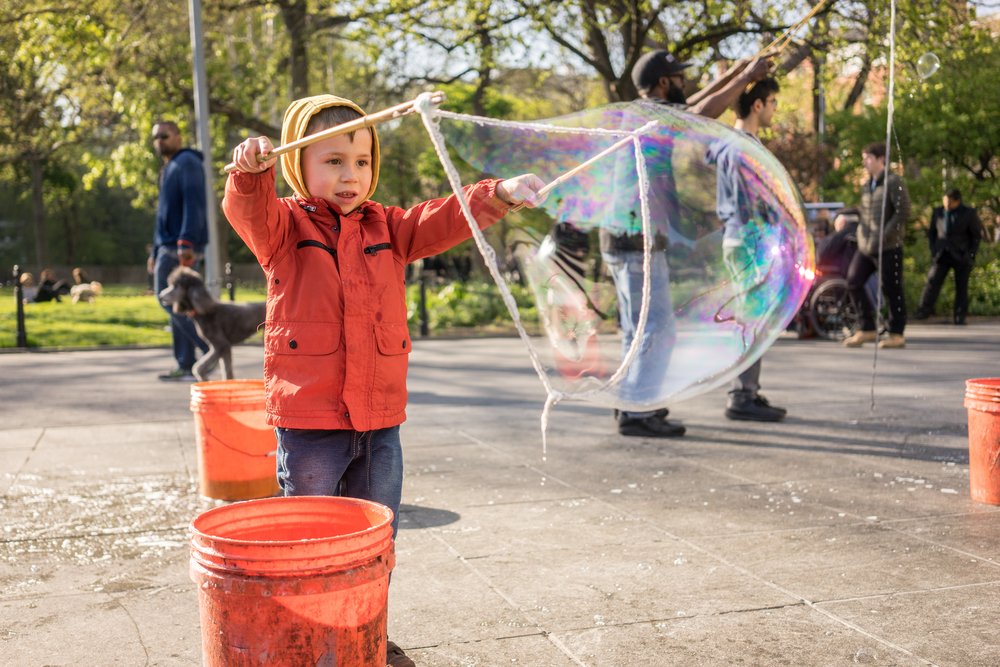
Key points: Summer vacations can lead to educational disparities, with children lacking enriching learning opportunities falling behind their peers. Efforts…
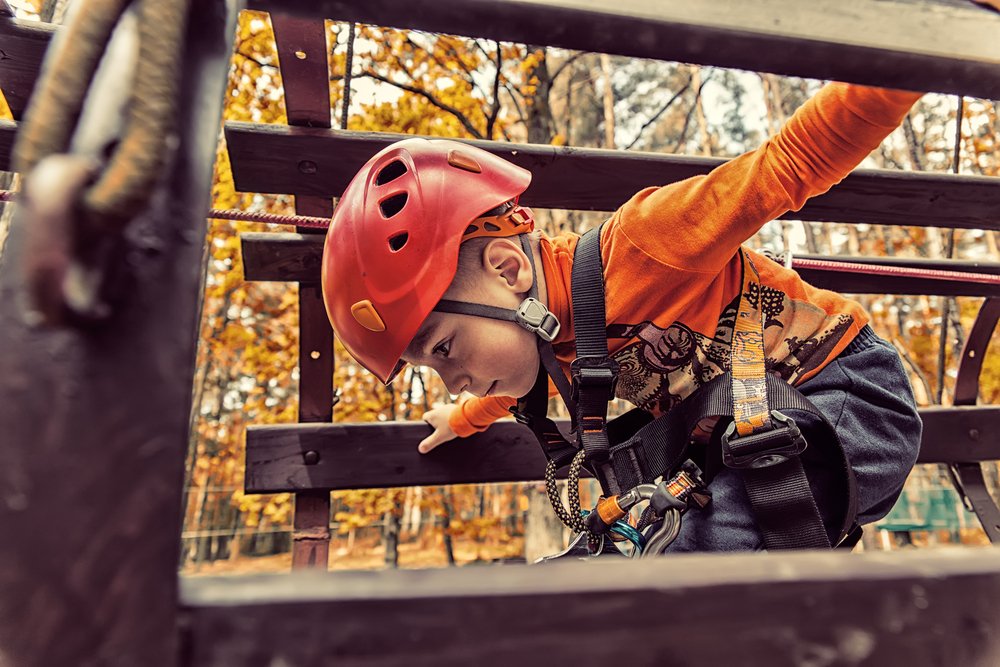
Key points: Play is fun, voluntary, and teaches adaptability through patterns of repetition and variation. It allows children to explore…

Key points: 1. Open-ended toys, like cardboard boxes, offer endless possibilities for imaginative play. 2. Children use their senses and…
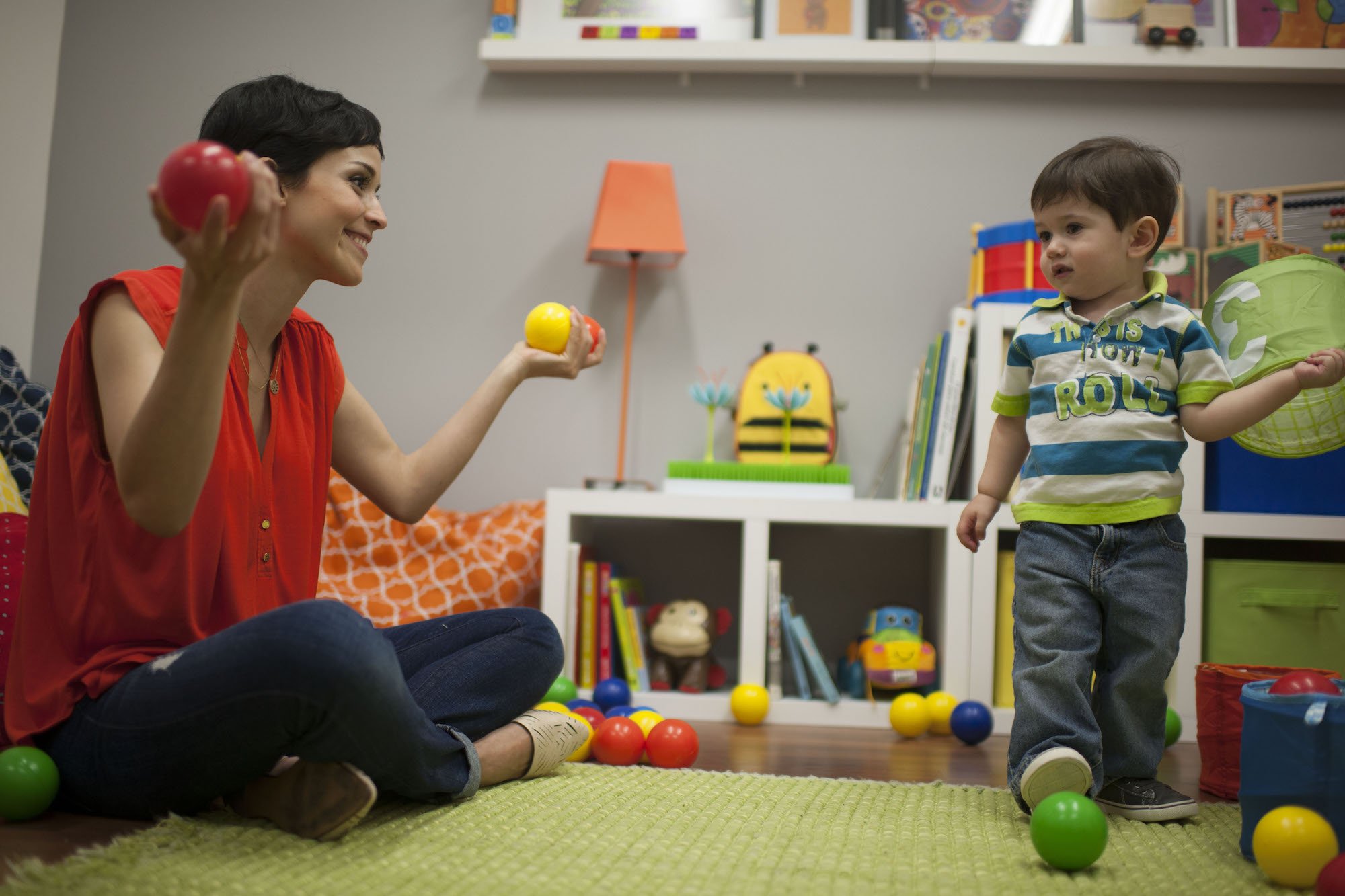
Key Points: 1. Children are natural scientists, learning through observation and play, especially through cause-and-effect experiences. 2. Babies start understanding…
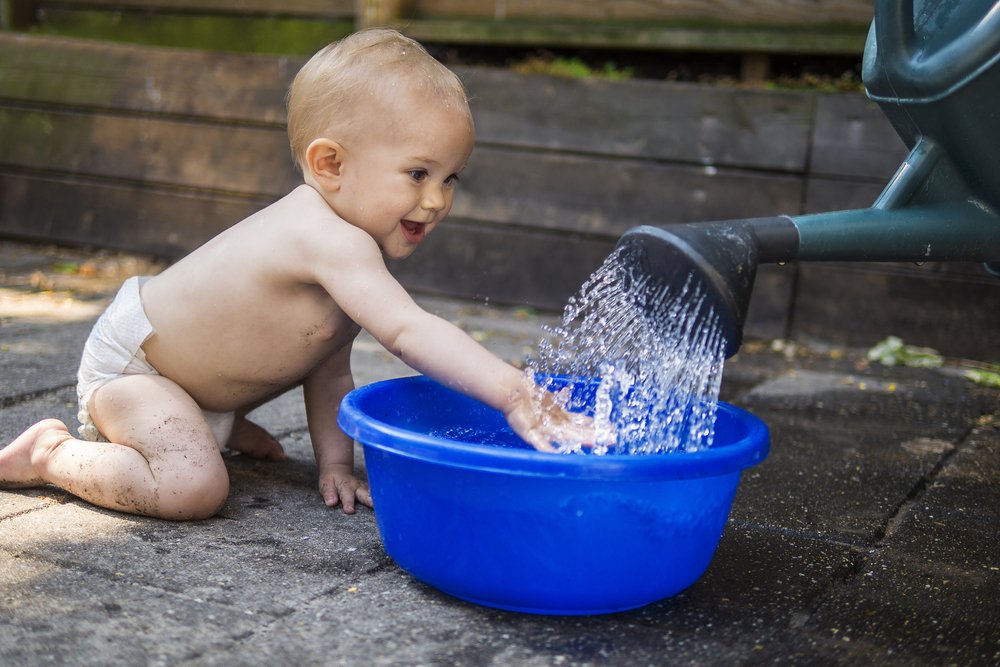
Genes and environment contribute 50% each to a child’s intellectual development. This gives parents some room to step in and…
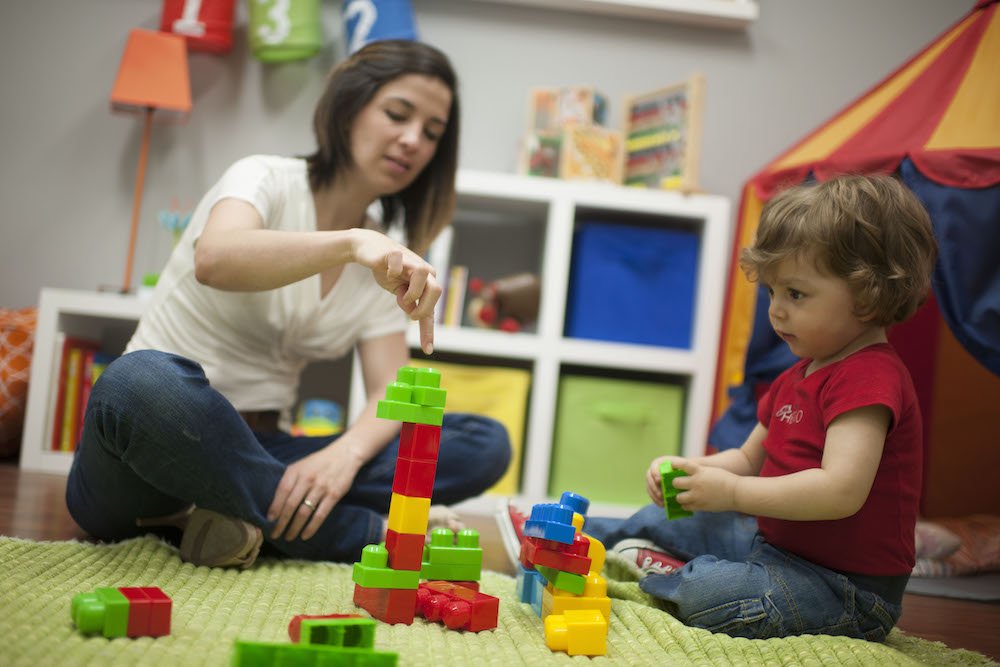
Key points: 1. Developmental delays vary, so remember each child has their own pace. 2. Look for red flags like…
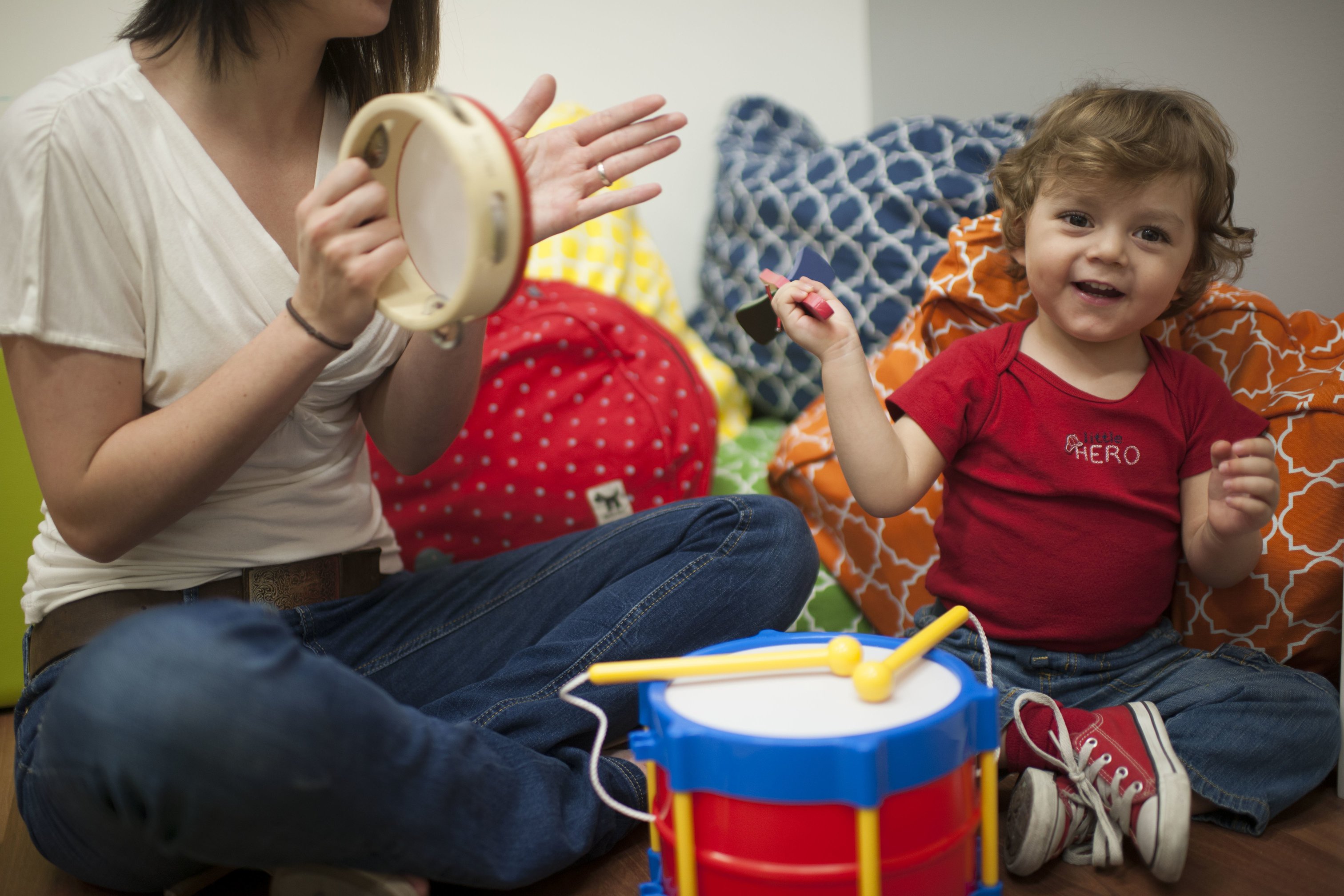
“Music gives soul to the universe, wings to the mind, flight to the imagination, and life to everything.” –…
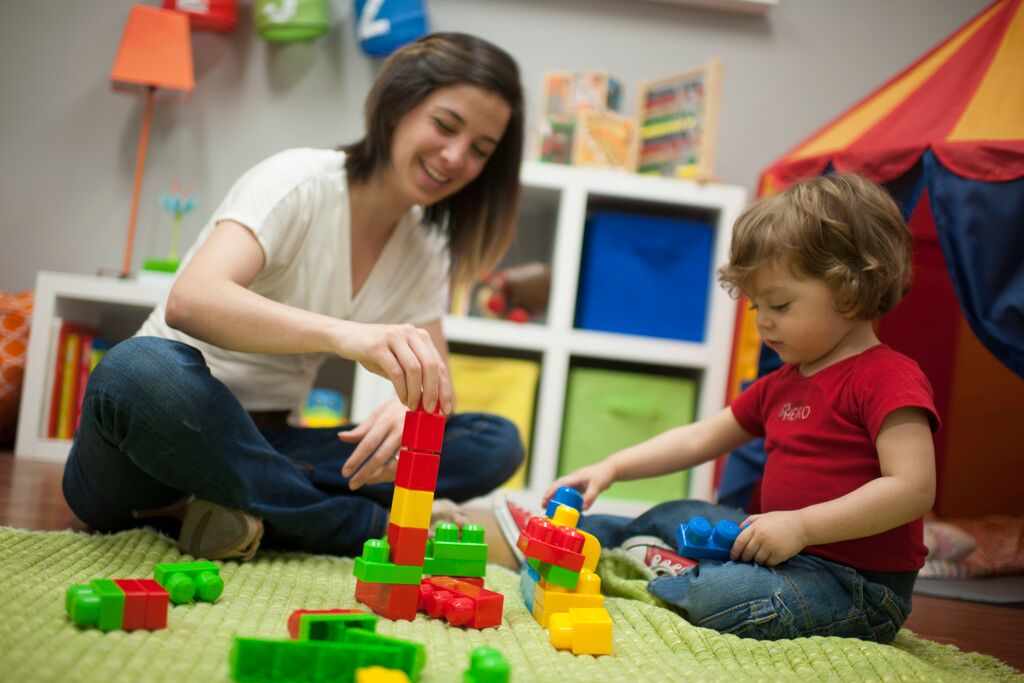
Key Points: Match toys to your child’s development stage for a more enriching play experience. Often, safe and suitable play…

Key points: Object permanence development helps babies understand the world and cope with separation. Teaching object permanence happens through playful…

Key points: 1. Learning begins in the womb, but babies continue to develop cognitive skills by exploring and adapting to…

Key points: Balance is a fundamental sense reinforced through repetitive motion. The vestibular system, responsible for balance, often goes unnoticed…
Subscribe to our newsletter and join Kinedu’s community